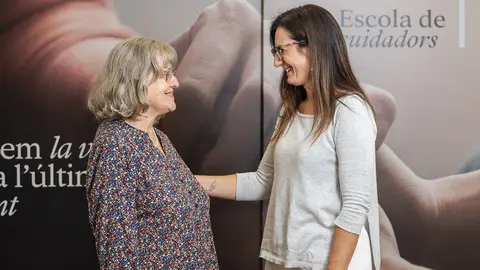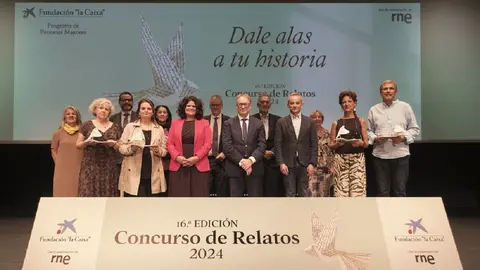Family Spaces 0-3: a refuge for learning and mutual support
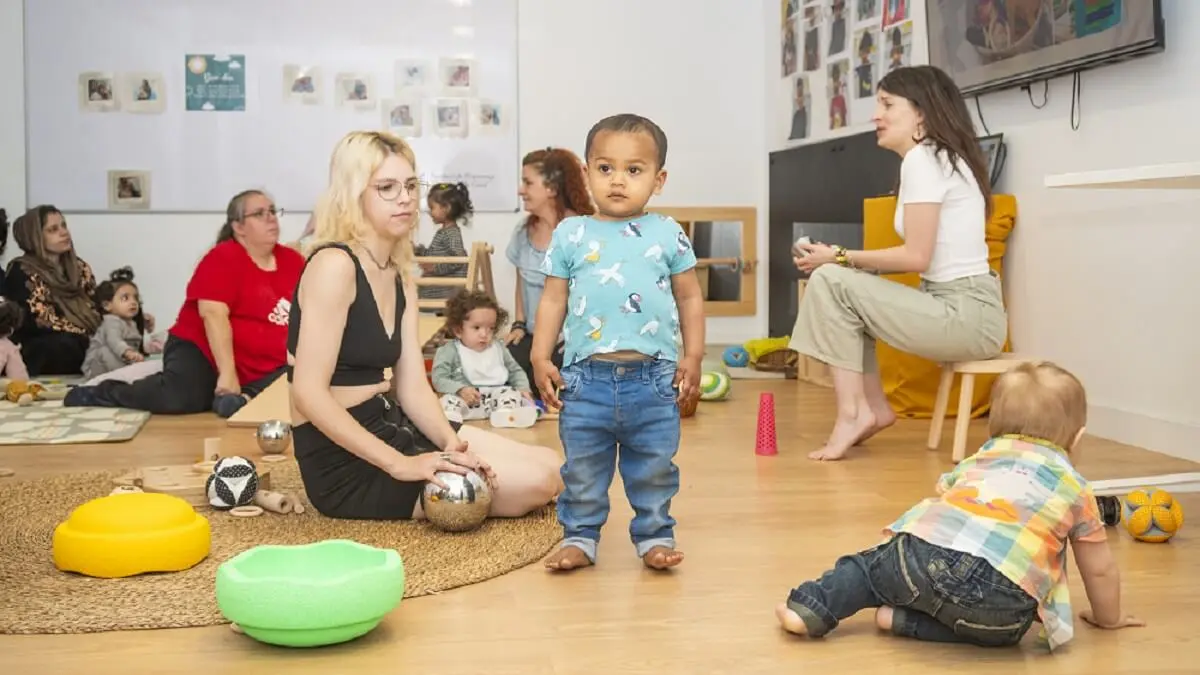
The initial stage of life is a determining factor in childhood development. Hence the importance of projects such as the 0-3 Family Spaces, a pioneering early childhood support initiative for families in situations of social vulnerability promoted by the CaixaProinfancia programme of the ‘la Caixa’ Foundation.
Its purpose is to improve the parenting skills, social skills and employability of the participating families, as well as to promote the psychomotor development of the children.
The pilot programme was carried out last year in 20 social entities collaborating with the CaixaProinfancia programme in 9 autonomous communities (Andalusia, Aragon, the Canary Islands, Castile and Leon, Catalonia, Valencia, the Basque Country, Madrid and Murcia).
From this academic year onwards, the number of organisations will be increased to 30 and will gradually increase in the areas where CaixaProinfancia is implemented.
One of the organisations carrying out the Family Spaces 0-3 project is the Fundación de la Esperanza, in Barcelona. Soledad García, a psycho-educational psychologist, specialist in support during maternity and upbringing, and infant educator at this organisation's space, says: ‘The initiative arose from the need to extend support to families along two very clear lines: social support, through the figure of the social worker; and family support in the educational sphere, through an infant educator and activities aimed at working on different issues related to upbringing’.
In addition, the space also functions ‘as a meeting and relationship space for families, who can share experiences and expand their social network’.
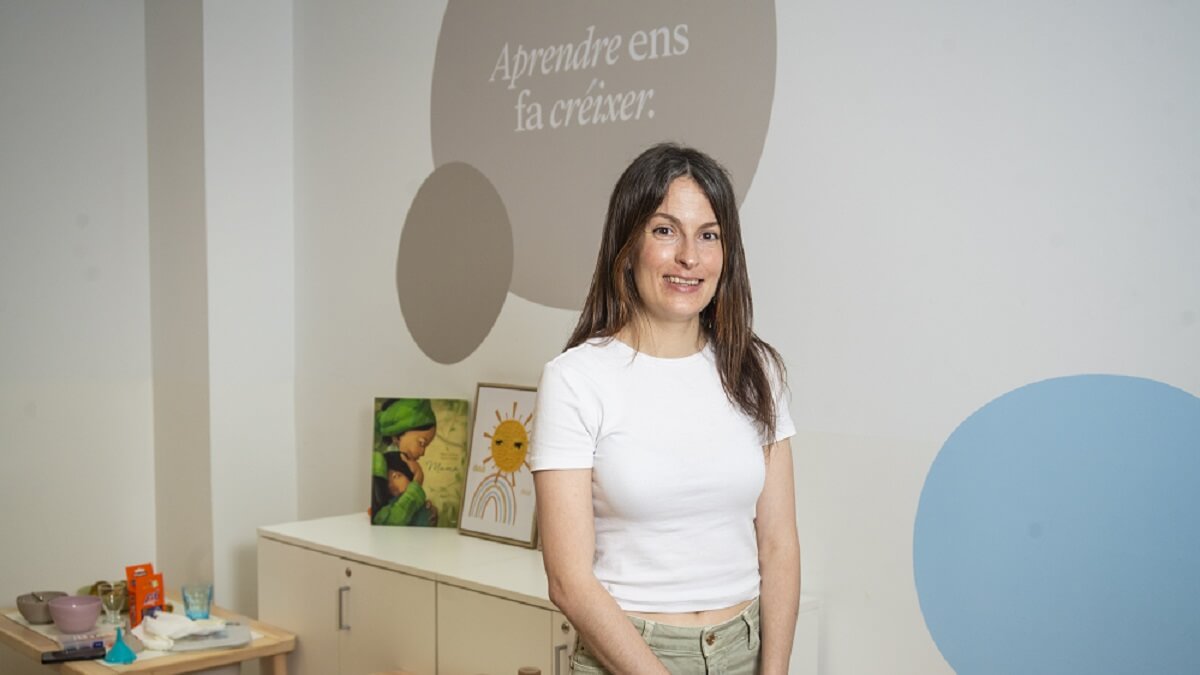
Participating families
The project accompanies families in a situation of vulnerability and with little social network in the territory, mostly families who have experienced a migratory process and who, therefore, have their family and social network in their country of origin. ‘Many families are very lonely, experiencing a migratory mourning; some are in an irregular administrative situation, with difficulty in accessing the labour market, with a very vulnerable housing situation or with different situations that can make motherhood, an already vulnerable stage in itself, even more fragile’, explains Soledad.
They are usually referred by social services or primary health care centres. They may also have previously passed through a municipal child development and early care centre or different entities in the territory where their social worker or educator detects a need and decides to refer them. ‘Many people also come to us thanks to word of mouth,’ confesses Soledad.
One of the users is Maryam, a 33-year-old Pakistani woman who has lived in Spain for almost 19 years. She is the mother of three daughters and comes to the space with the youngest. ‘I found out about the project through some friends and I love it. Everyone is very friendly, we learn how to take care of our babies. It has made a very positive change in my family's life,’ she says.
Another mother who comes to the space is Sherley, who arrived from Peru three years ago. ‘A therapist who was looking after my daughter told me about this CaixaProinfancia project,’ she recalls. ‘I wanted Rebecca to interact with other children and the project staff received me very well, they made us feel part of a family. It is a place where we are given love, we are given a lot of support and the little ones have fun and learn’.
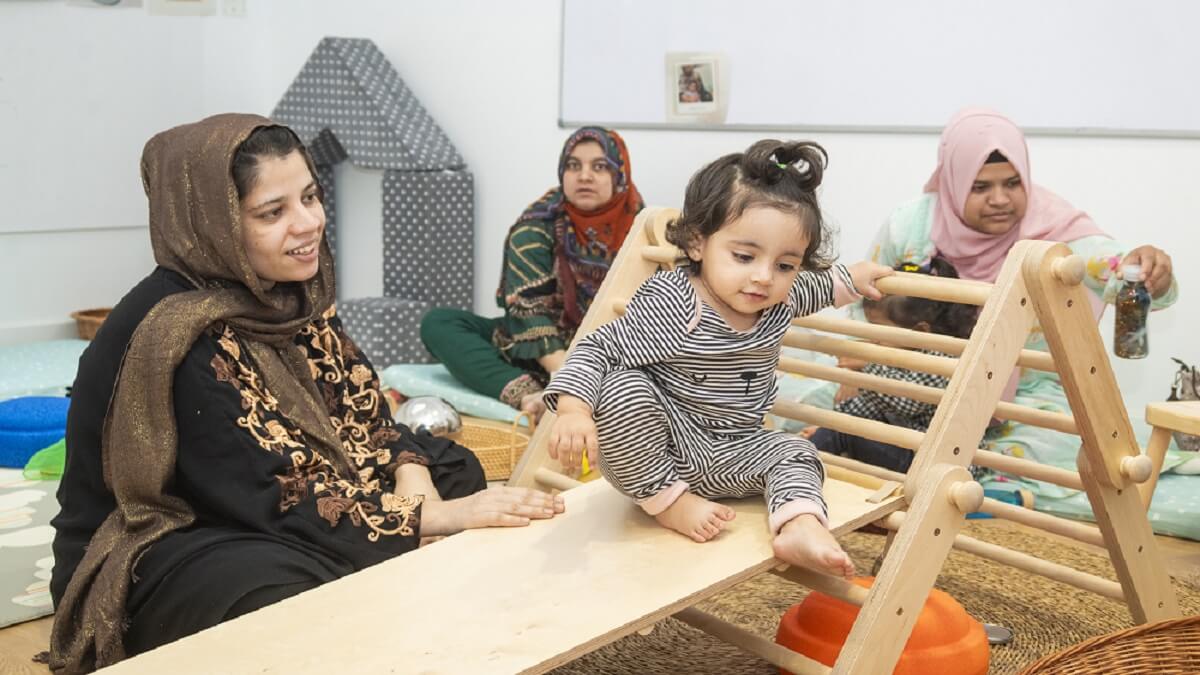
The project's resources
The Family Workshops are the essence of the educational aspect of the project. Six to eight families with children of the same age group come together once or twice a week. ‘The objective is to facilitate the relationship between the mother or father and the child in order to favour their integral development’, explains Soledad, who adds: ‘They are a space for bonding away from the daily rhythm’.
In these spaces, families feel safe and supported, they can share their concerns and feel that they are not alone. ‘Nowadays, maternity wards are increasingly solitary, but coming here makes them a little more supportive: many actions of mutual support and help are generated, the experiences of all the families are valued and they feel recognised and validated. They are a very enriching learning experience on many levels and the intercultural dimension and diversity are very important’, explains the educational psychologist.
The 0-3 Encounters, which are designed so that families can get to know each other and share their concerns, facilitate the evaluation of parental competences and child development. ‘We also take advantage of them to celebrate different local festivities or those specific to the culture of the families who come to the space, such as the end of Ramadan (Eid), which we celebrate with a very nice joint party that the families appreciate very much,’ says Soledad.
In addition, the families can benefit from the support service for labour insertion, with personalised insertion itineraries, and they also receive an annual financial aid of 900 euros to cover the expenses of their son or daughter.
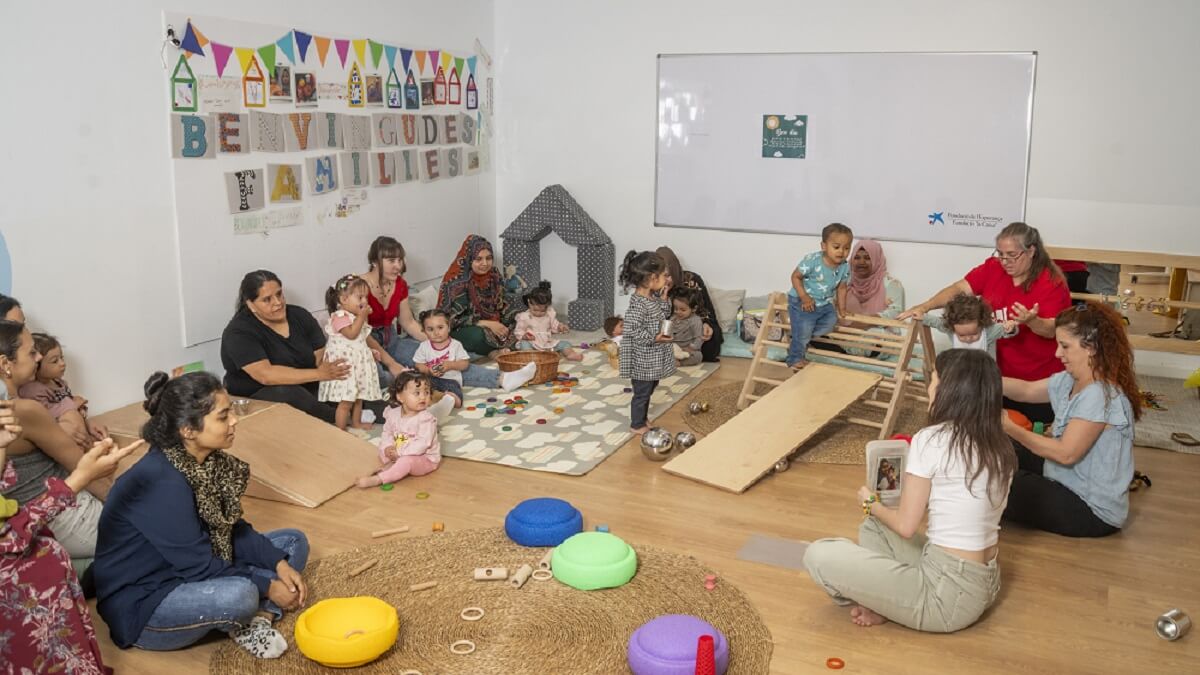
A second home
Soledad acknowledges that it is exciting to be able to accompany the families throughout the process. She recalls that, ‘on occasions, many of them arrive immersed in situations of considerable stress, worry, anguish or depression, but, thanks to the support and relationships that are generated, their emotional state and the general wellbeing of the family improves significantly. It is a space for promoting mental health, resilience and mutual care’.
The families' assessment of the experience in this family space is very positive. ‘I recommend every mother I know to come to the space,’ says Maryam, adding: ’The experience is wonderful and very worthwhile’. Sherley would also recommend it with her eyes closed: ‘It's a second home’.

